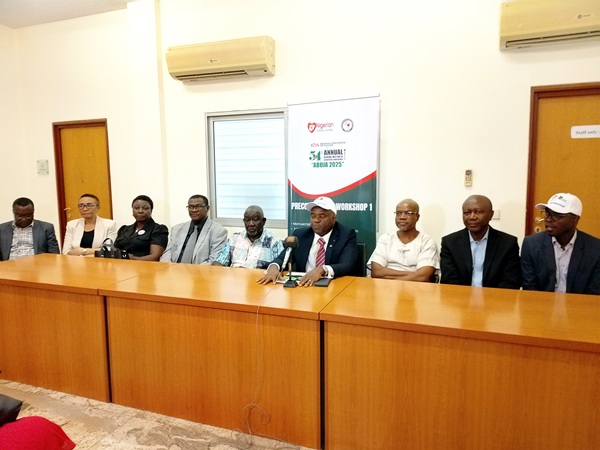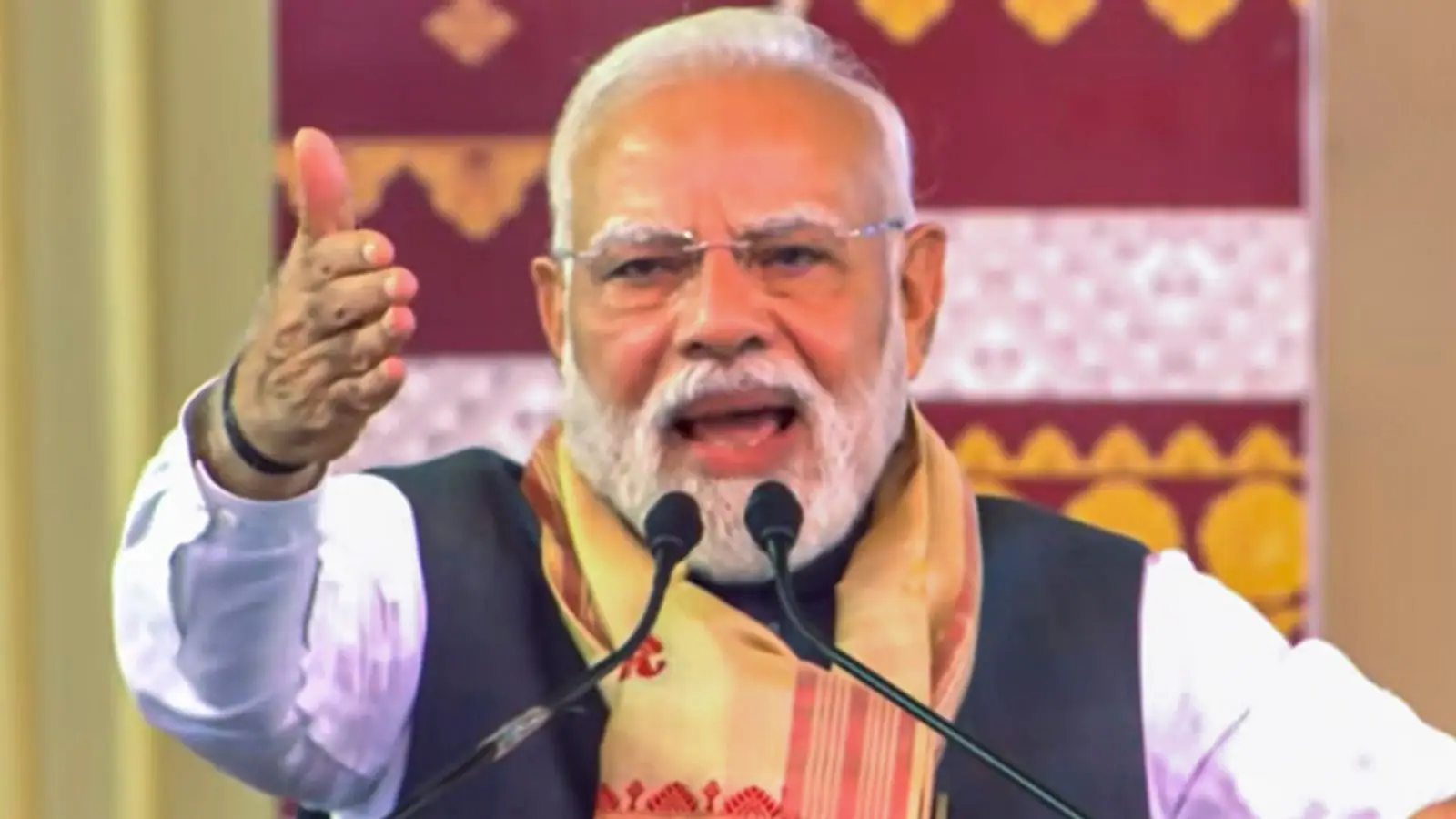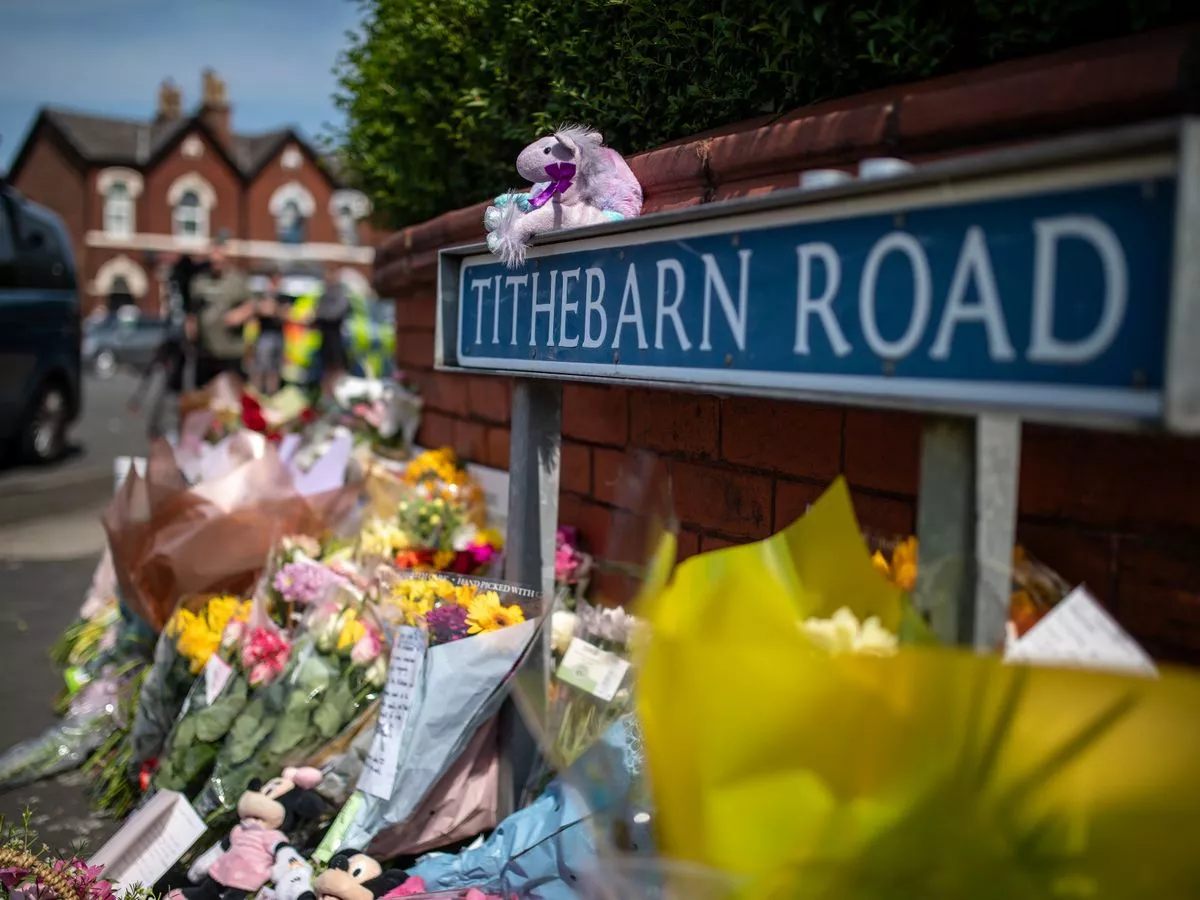By Dele Anofi,The Nation
Copyright thenationonlineng

The Nigerian Cardiac Society (NCS) has announced a three-day free cardiopulmonary resuscitation (CPR) training for Nigerians, citing the country’s growing cardiovascular disease (CVD) burden, with heart attacks and strokes now among the leading causes of death.
The initiative, beginning Wednesday in Abuja as part of the society’s 54th Annual General Meeting and Scientific Conference of the society, is designed to equip ordinary citizens with lifesaving skills
The World Health Organization estimates that CVDs account for nearly one in three global deaths, and Nigerian figures are climbing due to poor awareness, late diagnosis, and limited access to care.
Studies have shown that hypertension affects four in ten Nigerians, while hypertensive heart disease is the most common cause of sudden cardiac death locally.
NCS President, Prof. Augustine Odili, speaking at a press conference in Abuja on Monday, said the CPR training reflects the society’s urgent response to this reality.
“When sudden death occurs, medical personnel are not always around. Anybody with basic CPR knowledge can make the difference between life and death. You don’t need to be a doctor or a health worker,” he explained.
He noted that too often Nigerians respond to sudden collapses with panic, superstition, or ineffective practices such as pouring water on victims.
“We don’t want people responding with fear or filming on their phones. We want them to respond with skill. If more Nigerians can do CPR, then more lives will be saved,” he noted, adding that the goal is to replace harmful myths with proven interventions that can revive patients experiencing cardiac arrest.
This year’s conference, themed ‘Mitigating the Burden of Cardiovascular Disease in Nigeria’, also provides costly cardiac interventions for indigent patients, he revealed.
“These procedures are very expensive, but we are ensuring that some of our most vulnerable citizens benefit from them. In doing so, we also need more support from both the government and the private sector,” Odili stressed.
From a continental perspective, the President of the Pan-African Society of Cardiology (PASCA), Prof. Elijah Ogola, said, “With Africa being the youngest and fastest-growing population in the world, and with lifestyles changing rapidly, our cardiovascular challenges are unique.
“We cannot simply transplant solutions from Europe or America. We must design our own”.
Prof. Kamilu Karaye, NCS Vice President and Dean of Clinical Sciences at Bayero University Kano, highlighted peripartum cardiomyopathy, a condition affecting women in late pregnancy or shortly after childbirth, as a pressing concern.
“It is most prevalent in Northwestern Nigeria, affecting up to one in every 100 deliveries. Poor nutrition, preeclampsia, and lack of awareness are the main drivers,” he explained, noting that the issue would be spotlighted during the conference.
Prof. Amam Mbakwem added that Nigeria’s membership of PASCA has given African practitioners a platform to shape global conversations. She noted that while coronary artery disease dominates in Western countries, infections remain a major cause of heart problems in Africa.
“PASCA has helped pool African research, filling gaps in global cardiovascular data and countering the outdated notion of Africa as a black hole in cardiology,” she said.
Mbakwem also warned that the exodus of doctors, nurses, and laboratory scientists is crippling Nigeria’s capacity to manage cardiovascular risk.
“Clinics that once had several consultants now struggle with skeletal staff, while residency programs are shrinking. It is like a conveyor belt with no new entrants,” she cautioned, describing the situation as a looming national emergency.
The conference has already featured practical workshops across Abuja. At Maitama General Hospital, more than 50 participants completed a certification course in basic life support instruction to create a nationwide pool of trainers.
Read Also: 140 Nigerians benefit from Saudi Arabia cardiac surgeries in Kano
At another centre, indigent patients received cardiac interventions supported by the Nigerian National Petroleum Company Limited (NNPCL) Foundation, which also pledged long-term backing for CPR and life support programs.
At the Federal Medical Centre, Jabi, surgeons performed open-heart operations for patients unable to afford treatment, while young specialists received hands-on training.
International partners, including the World Health Organization (WHO), United Nations Children’s Fund (UNICEF), the European Union (WU), and the Federal Ministry of Health, are expected to participate in plenary sessions later in the week.
Discussions will focus on strengthening health systems, financing cardiac care, and developing preventive strategies suited to Nigeria and Africa.



